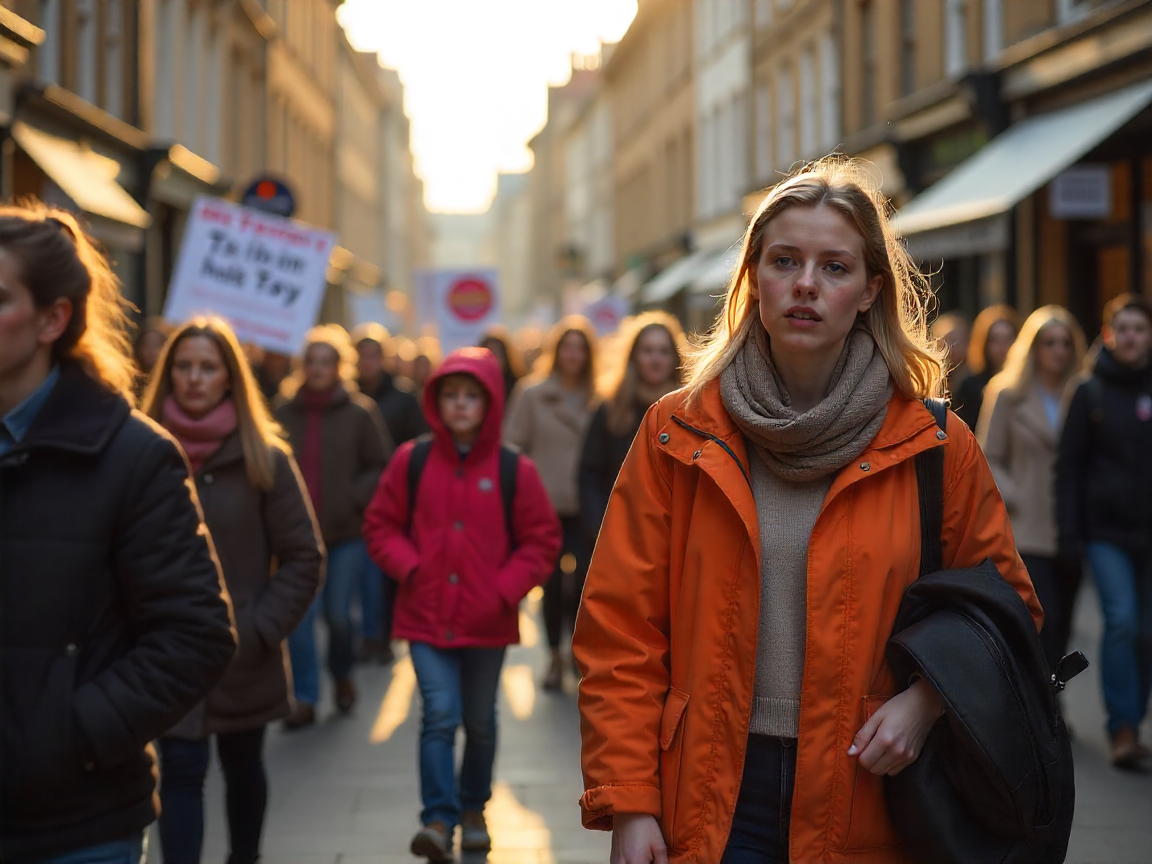Εισαγωγή
Recent discussions have arisen regarding the potential implementation of a tourist tax in Oxford, sparking significant concern among local businesses. The proposed tax could pose additional challenges, particularly in conjunction with other charges facing the hospitality sector.
Tourist Tax Developments
A hotelier from Oxford expressed apprehension about the introduction of a tourism tax, suggesting that it could become an “additional burden” alongside a proposed congestion charge. There has been a trend of cities across the United Kingdom beginning to adopt such taxes, with Aberdeen City Council recently approving a seven percent tax on hotel rooms that could take effect in 2027.
Currently, English councils lack the authority to independently impose a tourist tax. However, Oxford City Council is exploring an Accommodation Business Improvement District (ABID) as a potential solution. This would involve local businesses deciding whether to adopt the additional charge and determining how the collected funds would be utilized.
Examples of Similar Initiatives
Other cities, such as Manchester and Liverpool, have established ABIDs in recent years with varying levels of success. In its inaugural year, the Manchester ABID raised an impressive £2.8 million. Oxford’s council estimates that a similar initiative could generate approximately £2.5 million annually based on a proposed £2 room charge.
Jeremy Mogford, a notable hotel and restaurant owner in the city center, voiced that he would support the tourist tax only if it was applied uniformly to all types of accommodation providers, including university colleges, Airbnb rentals, and serviced apartments.
Concerns From the Business Community
Mogford further articulated the potential threat posed to businesses by the congestion charge, describing the double impact of both charges as a “serious issue for Oxford businesses.” He criticized the county council’s narrow focus on congestion, arguing that imposing additional financial burdens without reciprocating efforts to support local enterprises would be detrimental.
Additionally, Mogford pointed out that funds raised through the tourist tax should ideally be directed towards enhancing Oxford’s appeal as a tourist destination instead of merely supplementing services that the local councils are obligated to provide, like street cleaning.
Voices From the Community
Graham Jones, from the organization Rescue Oxford (ROX), highlighted a mix of opinions within the business community about the potential tax. Some business leaders are in favor, provided that the collected funds are allocated wisely to improve tourist facilities and services within the city, addressing current deficiencies such as public restrooms and the high cost of parking compared to other tourist cities.
Jones noted that while Oxford boasts cultural attractions that draw in visitors, the congestion charge presents hurdles that could hinder tourism growth. He believes that a tourist charge could help balance current shortcomings that affect local businesses.
Projected Revenue from the Tax
As part of the ongoing consideration, the city council plans to hire a consultant to create two task groups: one focused on hotels and the other on Oxford University colleges. If implemented, the council estimates that hotels could collectively generate around £1.3 million each year based on a 75 percent occupancy rate across 2,300 rooms. Oxford’s educational institutions could contribute an estimated £1.2 million through their 8,000 available rooms.
The Bigger Picture: Tourism Economy Impact
The city council remarked that while tourism numbers fluctuated during the Covid pandemic, visitor statistics are rebounding. Being a busy tourist city brings a set of advantages and challenges that the council must manage responsibly. They encourage visitors to use public transport or park-and-ride options to mitigate traffic pressures.
It is important to recognize that the ability to impose a formal tourism levy is not currently within the council’s jurisdiction, unlike in Scotland where local councils have more power to create tourism taxes. For now, the status of the tourist tax in Oxford remains uncertain.
Historical Overview of Tourism Taxes
The concept of taxing tourists is not new and has been employed in various forms across different destinations worldwide. Generally characterized by their intent to alleviate the strain on local resources caused by increased visitor numbers, tourist taxes are aimed at generating revenue to improve infrastructure and services that cater to tourists.
Historically, tourism taxes have gained traction in many regions as a means to support local governance in managing visitor impacts. Countries and cities that have instituted these taxes often use the revenues for tourism marketing, infrastructure development, or environmental conservation efforts.
The Future of Tourism and Potential Impacts
Moving forward, how cities manage tourism taxes will significantly influence their ability to maintain sustainable tourism practices while satisfying local communities. As tourism continues to grow, cities might need to ensure that the benefits of tourism are shared equitably among residents and businesses.
In conclusion, while the conversation surrounding the tourism tax in Oxford continues to evolve, it poses important implications for the local hospitality sector. Balancing the needs of businesses and the influx of tourists remains a critical challenge that could shape the city’s economic landscape in the future. Amidst these developments, GetBoat.com keeps an eye on the latest tourism news to ensure insights into how these changes might affect various sectors, including yachting and marine tourism, as global travel dynamics shift.

 Concerns Over the Introduction of a Tourist Tax in Oxford">
Concerns Over the Introduction of a Tourist Tax in Oxford">
